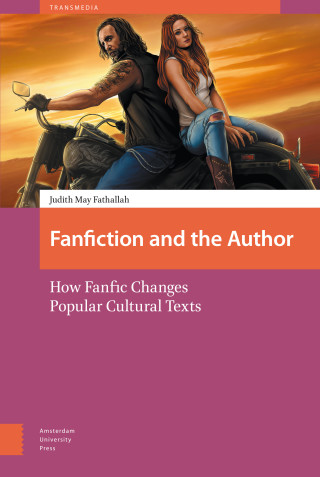
- Series editors
Dan Hassler-Forest, Utrecht University, the Netherlands
Matt Hills, University of Aberystwyth, United Kingdom- Editorial Board
Henry Jenkins, University of Southern California, United States
William Uricchio, Massachusetts Institute of Technology, United States
Julia Knight, University of Sunderland, United Kingdom
John Storey, University of Sunderland, United Kingdom
Simone Murray, Monash University, Australia
Eckart Voigts, Braunschweig Institute of Technology, Germany
Timothy Corrigan, University of Pennsylvania, United States
Roberta Pearson, University of Nottingham, United Kingdom
Mark Bould, University of West of England, United Kingdom
Sherryl Vint, University of California, Riverside, United States- Keywords
- Transmedia
- Flyer
- Download flyer
Transmedia
This series provides a platform for cutting-edge research in the field of media studies, with a strong focus on the impact of digitization, globalization, and fan culture. The series is dedicated to publishing the highest-quality monographs (and exceptional edited collections) on the developing social, cultural, and economic practices surrounding media convergence and audience participation. The term ‘media convergence’ relates to the complex ways in which the production, distribution, and consumption of contemporary media are affected by digitization, while ‘participatory culture’ refers to the changing relationship between media producers and their audiences. Both developments have required substantial (and still ongoing) redefinitions of existing media platforms, as the rapid interactions between technological developments and socio-cultural practices continue to pose challenges as well as offer new opportunities for media scholars from a variety of academic disciplines.
Interdisciplinary by its very definition, the series will provide a publishing platform for international scholars doing new and critical research in relevant fields. While the main focus will be on contemporary media culture, the series is also open to research that focuses on the historical forebears of digital convergence culture, including histories of fandom, cross- and transmedia franchises, reception studies and audience ethnographies, and critical approaches to the culture industry and commodity culture.
The series revolves around the following key themes:
- The effects of digitization and media convergence on global, national, and transnational popular culture(s)
- Shifting cultural hierarchies in the media landscape
- Cultures and histories of fandom in the context of globalization and digitization
- Media archaeology and (pre-)histories of media transformations
- New storytelling practices in the context of convergence culture, franchising, and world-building
- The political economies of global digital culture

Affect in Fandom

Doctor Who and Gay Male Fandom
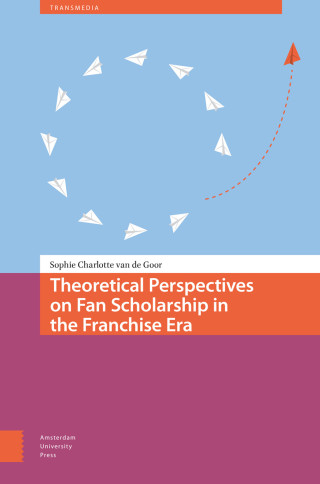
Theoretical Perspectives on Fan Scholarship in the Franchise Era
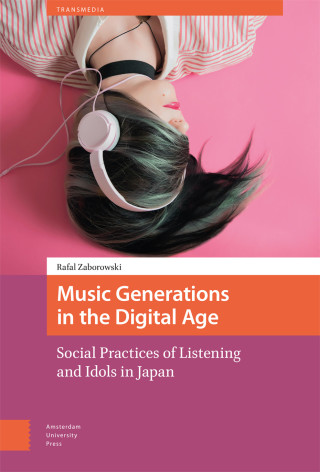
Music Generations in the Digital Age
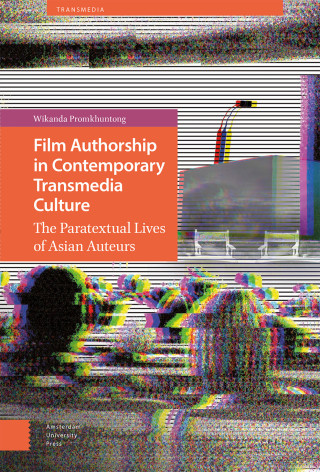
Film Authorship in Contemporary Transmedia Culture
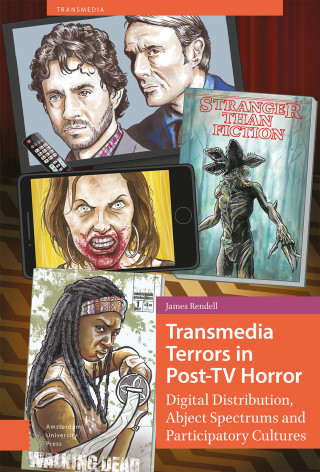
Transmedia Terrors in Post-TV Horror
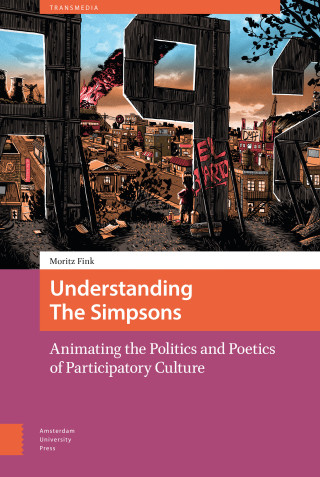
Understanding The Simpsons
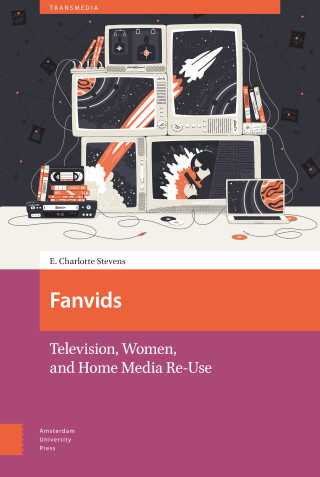
Fanvids
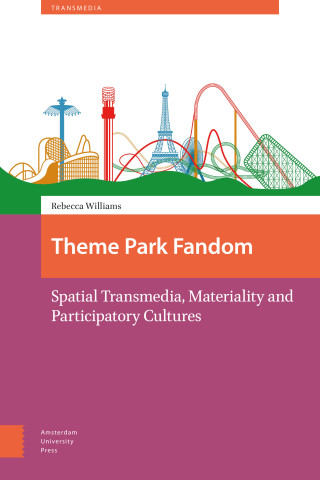
Theme Park Fandom
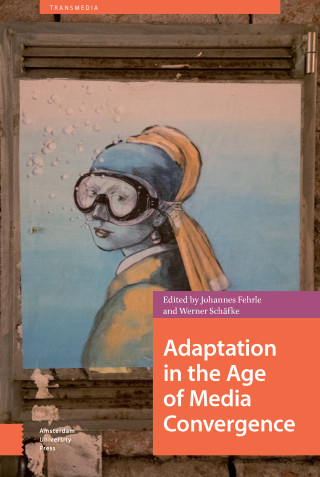
Adaptation in the Age of Media Convergence
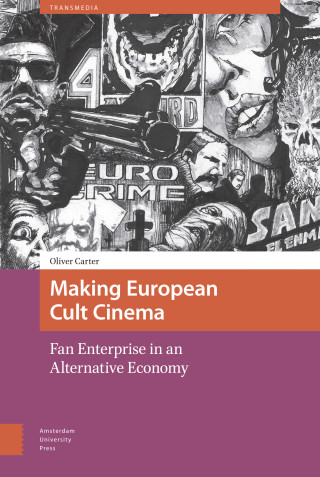
Making European Cult Cinema
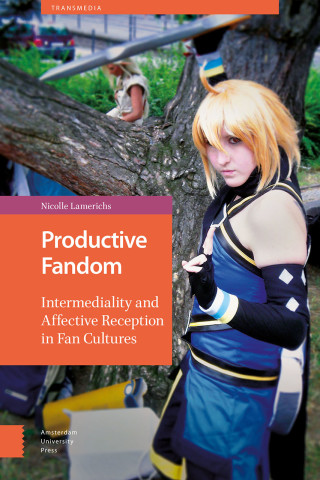
Productive Fandom
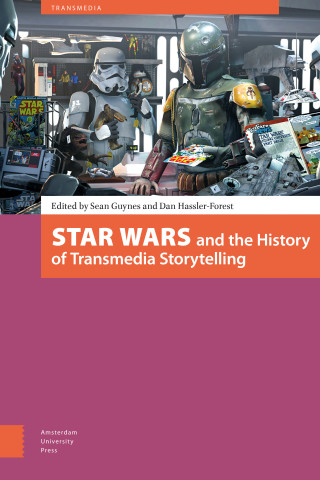
Star Wars and the History of Transmedia Storytelling
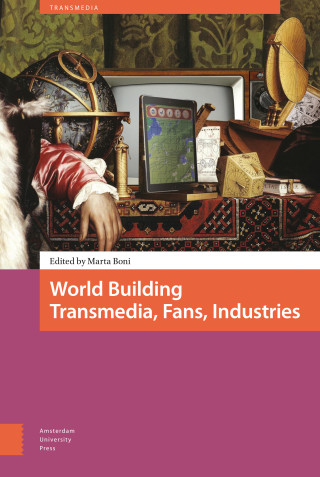
World Building
